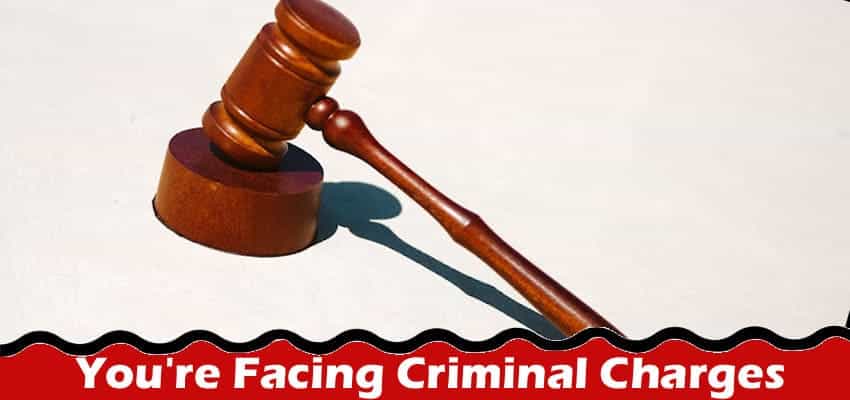When confronted with criminal charges, the immediate aftermath can be confusing and overwhelming. Understanding the legal process and knowing your rights is crucial to navigating this challenging time. Whether you are facing a misdemeanor or a serious felony, being informed can greatly influence the outcome of your case. Keep reading to learn about the steps you can take to protect yourself and your future when you’re facing criminal charges.
Finding the Right Criminal Defense Attorney
Securing the right legal representation is critical when facing criminal charges. An attorney specializing in criminal law will have the knowledge and experience needed to navigate the complexities of the legal system. They can provide expert advice, defend your rights, and guide you through each stage of the process.
When choosing a criminal defense lawyer, consider their track record, familiarity with local courts and legal procedures, and their communication skills. A reputable criminal defense attorney should be transparent about their experience and be able to articulate a clear strategy for your defense. Moreover, you should feel comfortable with them, as you’ll need to discuss sensitive information and trust their guidance.
Defendants are sometimes hesitant about the cost of hiring an attorney but weigh this against the potential long-term costs of a criminal conviction. While public defenders are available for those who cannot afford a private lawyer, if you have the means, investing in skilled legal representation could make a significant difference in the outcome of your case.
Depending on where you are facing charges, you’ll want to find a local attorney who can provide the best advice. The Defenders in Las Vegas, for example, can apply their legal skills, knowledge of the laws of the State of Nevada, and years of courtroom experience to the specifics of your case. Seeking the guidance of a local skilled attorney in the face of criminal charges is of paramount importance.
Understanding Criminal Charges and Your Rights
When you’re accused of a crime, it’s essential to understand the charges you’re facing. Each charge carries specific definitions, potential penalties, and possible defenses. Knowing the nature and severity of the charges can inform your strategy moving forward. It’s also your right to be informed of the accusations against you, which is typically done during your first court appearance, known as the arraignment.
Familiarizing yourself with your rights is a fundamental step in dealing with criminal charges. You have the right to remain silent, to avoid self-incrimination, and to have legal representation. These rights are designed to protect you under the U.S. Constitution. It’s important to exercise these rights and to do so as early as possible in the legal process.
One of the critical rights you have is to be presumed innocent until proven guilty. This principle means the burden of proof lies with the prosecution, not the defendant. Remember, facing charges does not equate to guilt, and you have the entitlement to challenge the evidence presented against you and to present your own in defense.
Navigating the Trial Process and Seeking a Fair Judgment
The trial is the most public portion of the criminal process, where both the defense and the prosecution present their cases to a judge or jury. It’s essential to work closely with your defense attorney to present a coherent and compelling narrative to the judge or jury. Your demeanor, preparation, and ability to remain calm under pressure can all affect the trial’s outcome.
During the trial, the prosecution will try to prove your guilt beyond a reasonable doubt. Your defense will have opportunities to cross-examine witnesses, challenge evidence, and present your side of the story. It’s crucial that your defense is strategic and focused and that you heed your attorney’s advice.
If you are found guilty, the trial moves to sentencing. At this point, it’s vital to have a sentencing strategy, which may include providing mitigating evidence, character references, or other information that might lead to a lesser sentence. If acquitted, the process doesn’t necessarily end there; you’ll need to work with your attorney to understand the implications of the trial on your record and to manage any ongoing legal considerations. Regardless of the outcome, a knowledgeable attorney will be crucial to navigate post-trial procedures.
Overall, while facing criminal charges is an undoubtedly daunting experience, adopting a proactive stance and working closely with a qualified defense attorney can immensely improve your chances of a favorable outcome. Being informed, prepared, and strategic throughout every step of the legal process is essential to seek justice and protect your rights.

